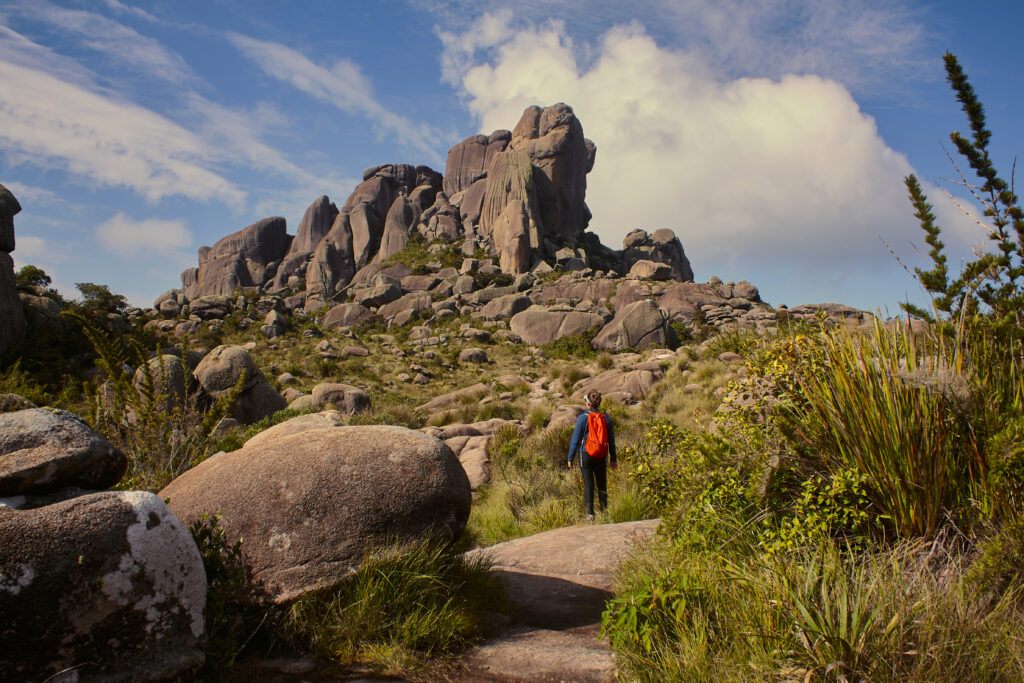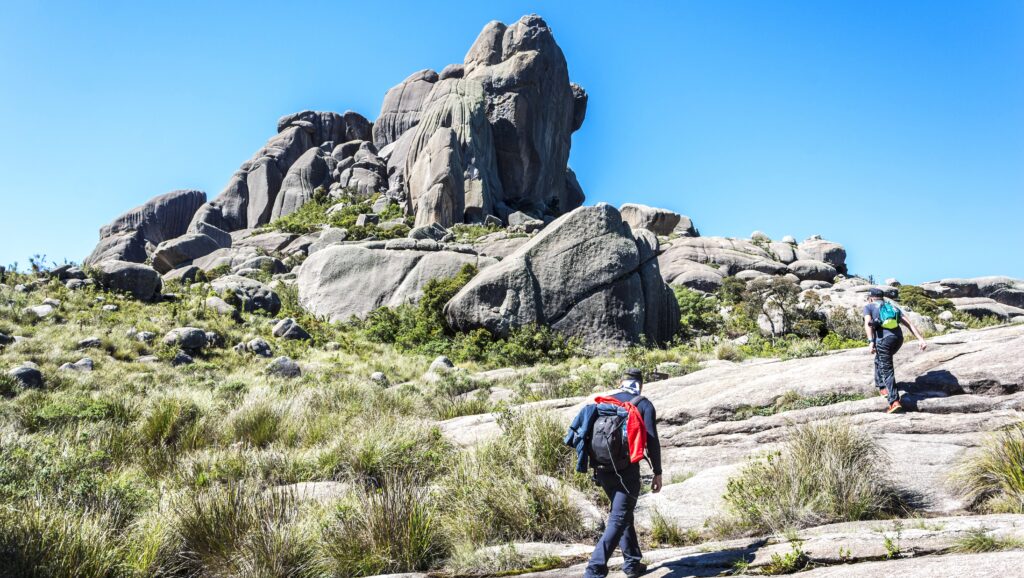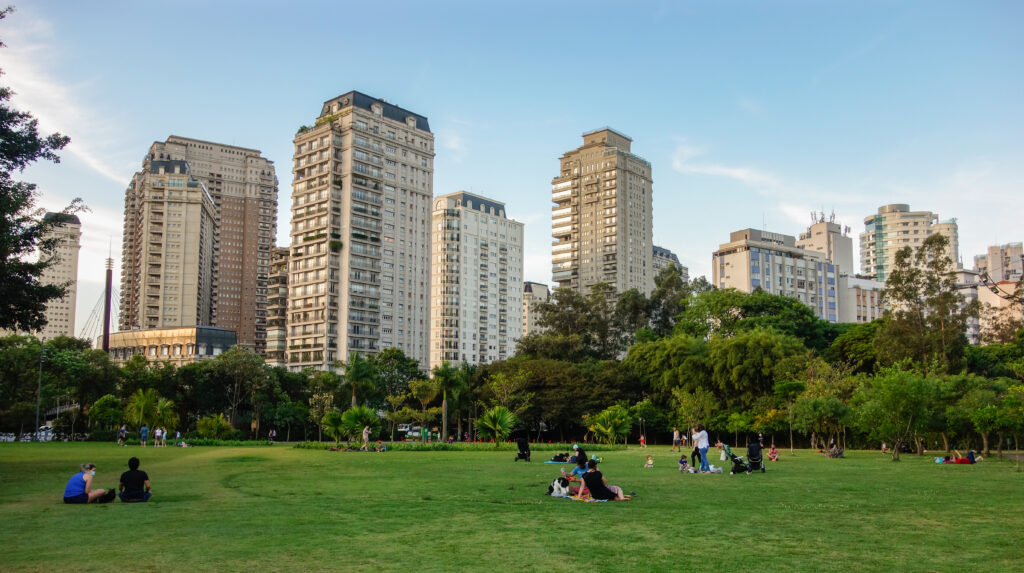Em sua 4ª edição, a pesquisa traça um panorama de como a população percebe, interage e reflete sobre a situação dos parques no Brasil. Levanta também a visão da população brasileira sobre o contexto em que se operam políticas públicas sobre estes equipamentos e as possibilidades de ativação de diferentes modelos de gestão. Além disso, busca compreender quais são as principais motivações e barreiras à visitação, os sentimentos despertados nas pessoas pela experiência da visita e qual a propensão de recomendarem os parques para outras.

Apoiamos governos a cuidar de parques
Colaboramos com o desenvolvimento de iniciativas capazes de transformar o potencial do patrimônio ambiental brasileiro em benefícios concretos para a conservação da natureza e para a sociedade.
Foto: MesquitaFMS / Getty Images





